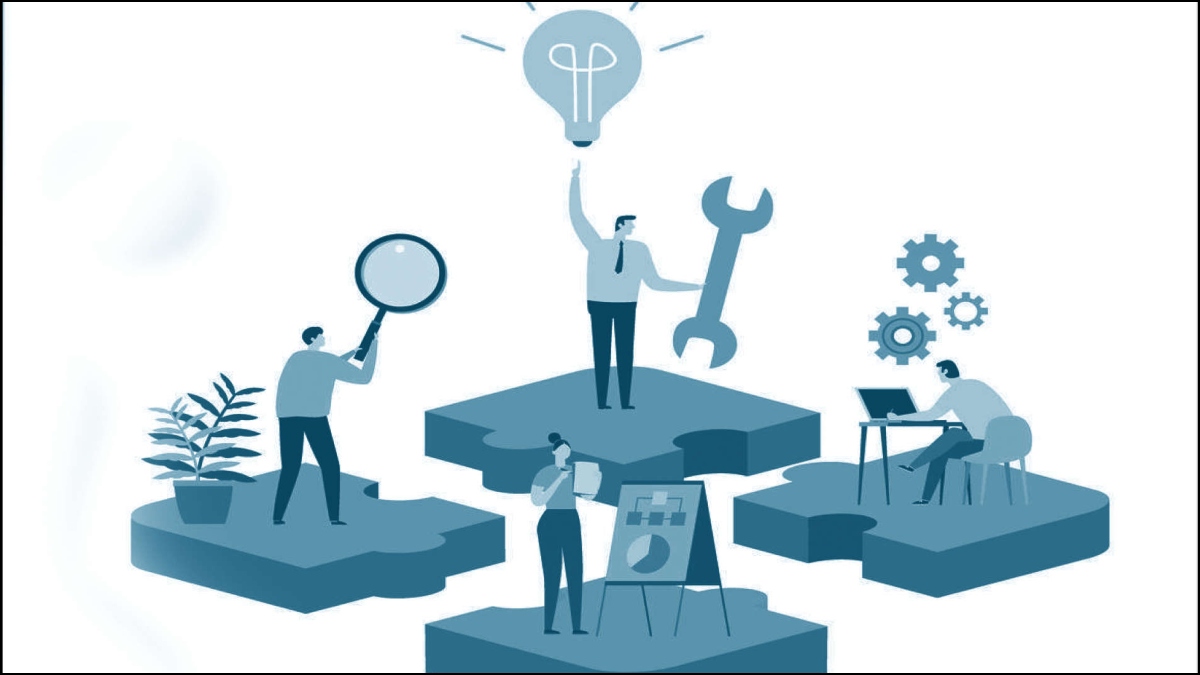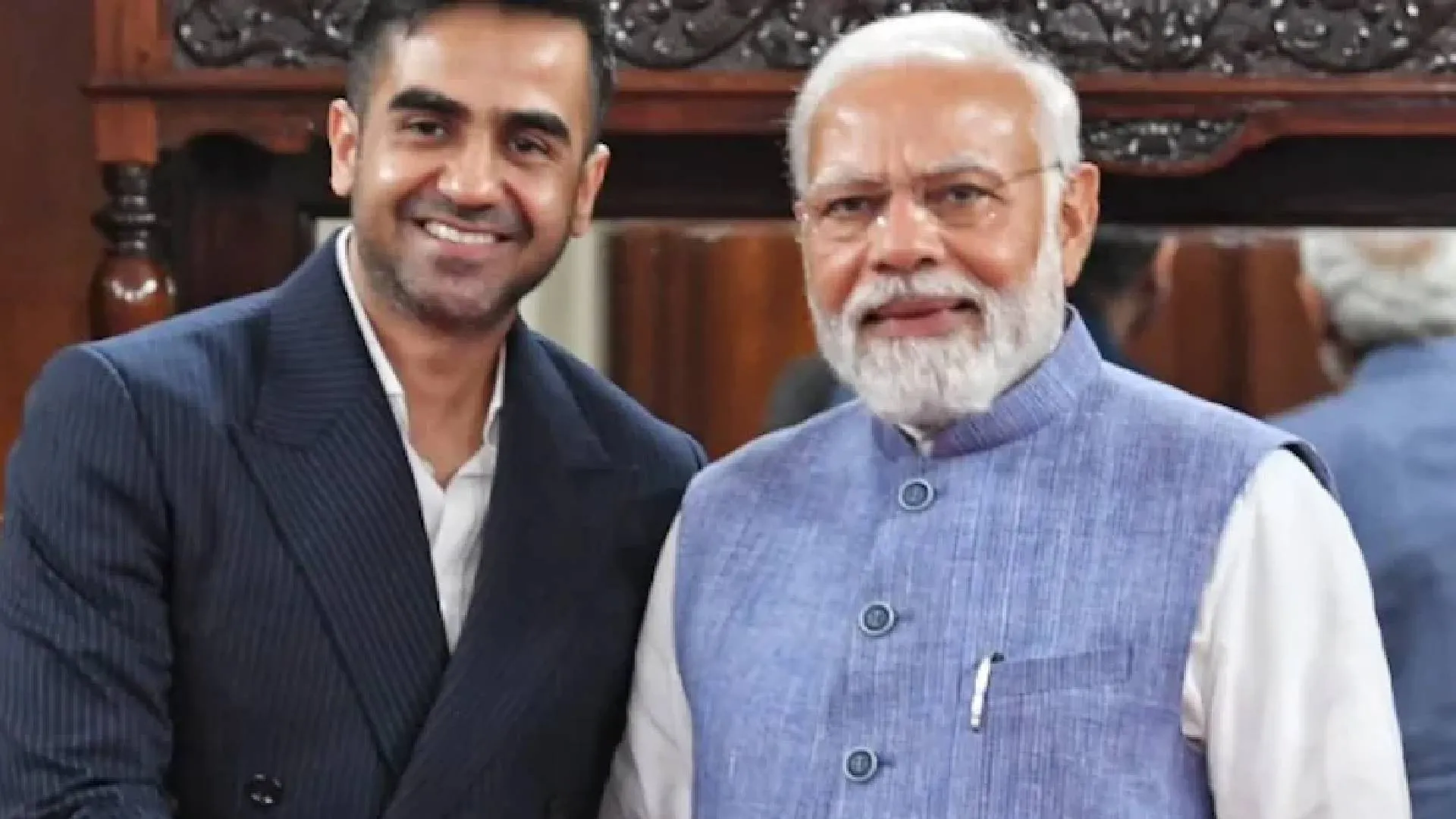To get a wholesome view of the economic survey, inputs from various stakeholders in the economy is necessary. These include industry, economists, lawyers, export organizations and many more. So, this writer set out to seek inputs of various stakeholders which yielded an interesting set of opinions.
Hailing the just released Economic Survey, Sharad Kumar Saraf, President, Federation of Industry Export Organisations (FIEO), set up by Ministry of Commerce, Govt. of India, said that the country is set to end with a current account surplus of +2% of the GDP after 2003-04. However, the better than expected recovery both globally and internally provides a huge opportunity for India to push its exports in pharmaceuticals, medical equipment, PPE kits, technical textiles, networking products, food & processing products, cereals, steel, plastics, chemicals and iron & steel.
The opportunities in the labour-intensive sectors are also gaining traction. However, a study should be conducted to understand why many of these products having high Revealed Comparative Advantage (RCA) are not figuring in our main exports (either in share or value), as pointed out by the Survey.
Saraf said that while initiatives like RoDTEP are aimed at providing continued support to the industry, this requires immediate announcement of the rates as in absence of the rates, exporters are not able to do their export costing with a view to finalise new contracts. Any further delay will have serious implications for future exports as exporters are in “wait & watch mood” before finalising new contracts particularly in sectors having thin margins.
President FIEO felt that the Production Linked Incentive (PLI) Scheme will be a game changer and put India’s focus on technology exports – electronics, electrical machinery and automobiles, which accounts for over 35% of global imports. The domestic capabilities in these sectors will also help to save over USD 100 Bn in imports annually on a recurring basis.
While the judicious intervention in the forex market has prevented one sided appreciation of Rupee, the Survey also admits that Rupee appreciated by 2.9% in terms of Real Effective Exchange Rate. He urged the Government to allow Rupee to reach its real value so as to provide further competitiveness to exports.
Amit Kapur, Joint Managing Partner, J. Sagar Associatess said the Economic Survey strikes the right cords by highlighting:
Significance of robust infrastructure for overall economic growth emphasizing that “In the absence of adequate infrastructure, the economy operates at a suboptimal level.”
Ambitious targets of infrastructure investments of Rs.111 lakh crores (US$ 1.5 trillion) during FY 2020 to FY 2025 under the National Infrastructure Pipeline with a projected 79% investment (Rs.87.7 lakh crores) coming from Central and State Governments with 21% (Rs. 23.3 lakh crores) from private sector – 54% being shared by energy and transport (roads and railways).
In the past most of the private investment has come through public private partnerships.
Recent policy initiatives in terms of the Atma Nirbhar Bharat and cabinet approval of the PSU policy of opening up all sectors of the economy (even sensitive ones) to private sector with an emphasis on disinvestment.
ES-2021 acknowledges that gross capital formation has slid from 34% of GDP (in FY-215) to lowest in past 2 decades at 26.7% of GDP (in FY-2021), identifying this as the single largest contributor to the contraction in GDP in FY-2021. There are generic statements regarding expansion of public investment which is expected to crowd private investors, and deregulation and liberalisation which is expected to unlock entrepreneurial energies and improve private investor’s risk appetite.
Perhaps advisedly it leaves a very important element of means of financing this infrastructure development unaddressed. Let us watch this space in the Budget speech for some concrete investment commitments as also reform proposal to address the 4 laggards in Indian regime that is shackling the entrepreneurial spirits – Enforcing Contracts, Registering Property, Starting a Business and Paying Taxes.”
While ASSOCHAM said that the Economic Survey presented in Parliament has hit the nail right on its head by stating that the Indian economy’s ‘’homecoming’’ to normalcy is leading to hopes of a robust recovery in services and consumption; emphasizing forcefully that the reforms must continue to realise the full growth potential .
‘’The Survey, authored by Dr Krishnamurthy Subramanian, presents an optimistic outlook for the next financial year projecting 11 per cent real GDP growth. That sounds rather conservative and if we continue to do well on containing and finally eliminating the Covid-19 virus, the growth for 2021-22 can even surprise for better, ‘’ ASSOCHAM Secretary General Deepak Sood said. He said, India’s mega vaccination drive against coronavirus should gather further pace and help return the critical services sector to normalcy.
The Survey is ‘’absolute’’ wise on laying emphasis on almost trebling the public expenditure on healthcare services from 1 per cent to 2.5-3 per cent of the GDP. ‘’The Economic Survey is certainly a pointer towards significant rise in Budget allocations for the sector,” he said.
The chamber said as has been pointed out in the key document placed before Parliament, India stands out as leading the structural reforms even in the midst of ‘’once- in- a -century’’ pandemic. Under the Atmanirbhar banner, the twin strategy of providing relief and rekindling demand along with bold and courageous reforms in labour, defence, agriculture among others seem to have paid off well.
The Survey’s prognosis on India’s external debt, robust foreign exchange reserves and growth exceeding interest rates point towards sustainability in the trend line and ability to absorb any unforeseen external events.
As the agriculture sector stands out as the beacon of growth even in the midst of contraction in the current fiscal, Mr. Sood complimented Prime Minister Mr Narendra Modi for remaining committed towards development in the rural economy. «This is so well enumerated in the Address to Parliament by President Shri Ram Nath Kovind on the opening day of the Budget session of Parliament. The Agriculture Infrastructure Fund of Rs 1 lakh crore, construction of 6.42 lakh km of road network under the Pradhan Mantri Gram Sadak Yojana stand testimony to government’s focus on rural landscape.
While,Mohit Singla, Trade Promotion Council of India (TPCI), “Economic Survey forecasts with 11% GDP growth, suggests a bright future for many sectors and have some of the transformational forward-looking suggestions and recommendations which needs to be fructified in a time bound manner for accelerate sustainable growth and development of the country.”
Further Founder Chairman TPCI added; “With the fundamentals of economy being sound and government slew of reforms, has facilitated this growth, despite global pandemic and global economic slowdown. Sectors such as agri, food including processed, drug and pharma, ceramic, Iron ore, etc. have done well and with government resolve to drive further reforms and ease of doing business, Prime Minister’s vision of India being a 5 trillion economy seems possible.”






















